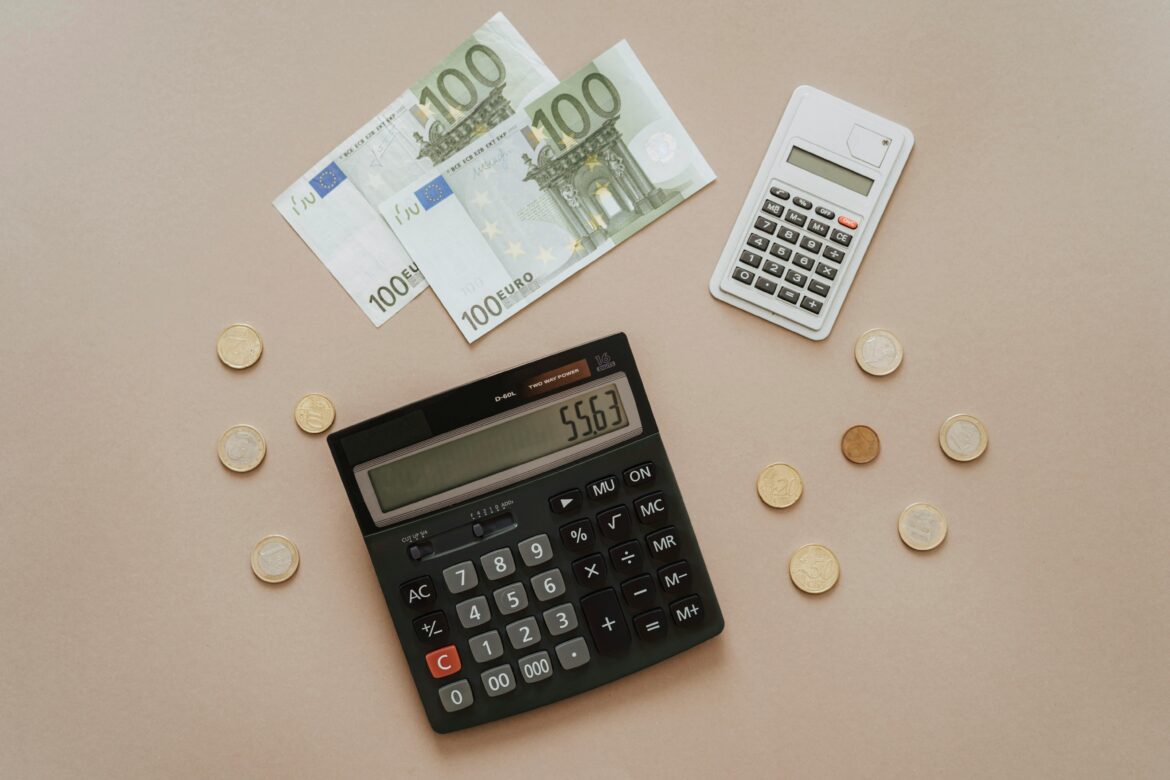A fresh wave of global trade uncertainty has been unleashed as former U.S. President Donald Trump threatens to impose 10% blanket tariffs on all BRICS nations—and possibly extend those duties to the European Union. While the news is making headlines across the world, here in the UK, the stakes are high, especially for exporters, steel manufacturers, and currency markets.
Whether these tariffs come into force or not, the uncertainty has already sent tremors through global markets—and the UK economy isn’t immune.
🌍 What Are the New Tariff Threats?
On July 7th, Trump’s team confirmed that letters were being drafted to initiate new tariffs against BRICS nations (Brazil, Russia, India, China, and South Africa). That’s not all—reports suggest that EU automotive and steel industries could also face the same 10% duty if no new trade terms are negotiated swiftly.
While Trump is no longer President, his renewed popularity ahead of the 2026 election cycle is influencing trade policy rhetoric. The uncertainty is driving caution in major markets—including the UK.
🇬🇧 Why the UK Should Be Paying Attention
Though the UK is no longer part of the EU, it is deeply connected to the European and global trade system. British exporters, steel producers, and global brands headquartered in the UK could face:
- Reduced demand if global trade slows
- Ripple effects on pricing for raw materials and manufactured goods
- Investment instability, as markets shy away from unpredictable economies
- Weakened sterling, impacting imports and inflation
⚙️ Which UK Industries Could Be Hit Hardest?
🏗️ Steel and Aluminium
The UK has long depended on bilateral trade with both the U.S. and EU for raw materials. In 2018, Trump’s first tariff round triggered a 25% duty on UK steel, which saw exports fall by over 15% in a single quarter. If new tariffs are imposed—whether directly or via the EU—UK-based producers like British Steel and Liberty Steel may face renewed losses.
🚘 Auto and Auto Parts
While the UK’s car industry has been shrinking post-Brexit, companies like Jaguar Land Rover, Mini (BMW), and Nissan UK still ship vehicles and components globally. Tariffs on EU cars could redirect trade routes and cost competitiveness—even for UK-based exporters.
💷 Financial Services and Investment
Trade uncertainty causes investor jitters. A more volatile global environment can reduce inward investment into UK projects, especially in energy, infrastructure, and fintech. London’s IPO market is already at a 30-year low.
📉 Impact on Markets and Currency
On the same day the tariff news broke, the British pound slid 0.3% to $1.36, while the FTSE 100 was mostly flat. Energy stocks like BP and Shell dropped 2–3%, and traders reacted defensively across sectors.
Economists warn that the pound could face additional pressure in the coming weeks if:
- The U.S. formally initiates tariffs
- EU–U.S. negotiations fail
- UK exporters become less competitive globally
A weaker pound also raises the cost of imports—including fuel, food, and industrial components—driving inflation risks for UK households.
🏛️ What Are UK Leaders Saying?
While Prime Minister Rachel Reeves has not formally responded to the tariff threats, senior trade officials at the Department for Business and Trade have expressed concern.
“Our priority is to maintain stable trade access to both European and American markets. UK industry cannot afford to be collateral damage in a new tariff war.”
The Confederation of British Industry (CBI) has also urged calm but called on the government to diversify export channels and accelerate trade deals with Asia-Pacific and Commonwealth countries.
📈 What Can UK Businesses Do?
In light of this uncertainty, many UK firms are already reviewing contingency plans:
- Exporters are scouting alternative markets (e.g., Australia, Gulf nations)
- Retailers are looking to domestic suppliers to reduce import reliance
- Investors are shifting capital toward “safe haven” assets like gold or UK government bonds
- Tech startups and SMEs are calling for more clarity on digital trade rules
🗺️ Is There a Way Out?
While these tariff threats are real, history shows that many trade wars de-escalate during negotiations. The EU and U.S. have had informal talks in recent days, and some analysts believe the “10% blanket tariff” is more of a negotiating tactic than a concrete policy.
However, in geopolitics and economics alike, uncertainty is expensive. The UK, though not directly targeted, sits on a fragile fence—too exposed to ignore, yet too small to dictate terms.
💬 Expert Take
“The UK’s role is now that of a buffer. We’re a global services hub, but our goods sector is exposed to every shift in policy from Washington to Brussels. Tariffs like these could make Brexit pain even worse.”
— Dr. Elise Morgan, Global Economics Analyst, KCL
📖 Sources:
⚠️ Disclaimer: This article is intended for informational purposes only and does not constitute financial advice. For trade-specific impacts or investment decisions, consult a licensed advisor or the UK Department for Business and Trade.

